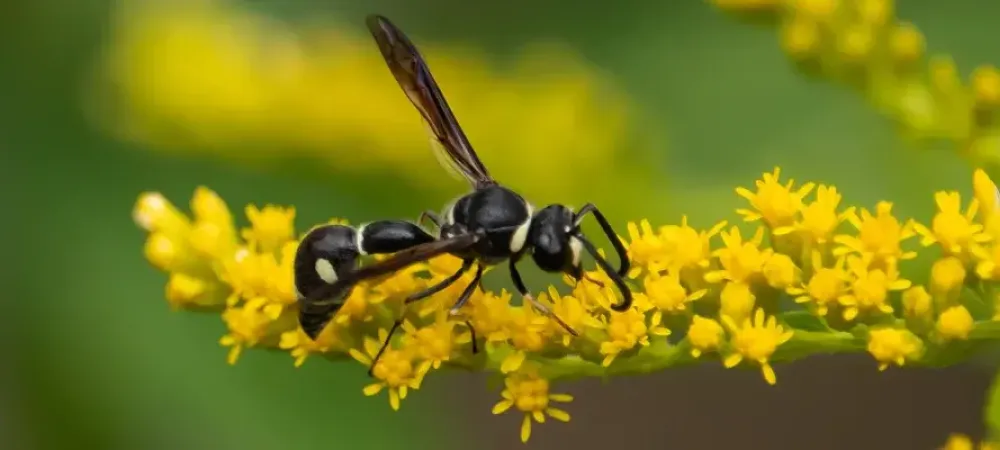Buzzing Invaders: Bees and Wasps Building Nests on Your Home

When it comes to sharing our living spaces with insects, most homeowners are accommodating to some extent. However, when bees and wasps decide to build their nests inside or on our homes, it can quickly become a stinging issue. Not only can these buzzing invaders cause potential harm to you and your family, but they can also compromise the structural integrity of your property. In such situations, professional assistance becomes crucial. In this blog post, we will explore the problems associated with bees and wasps building nests on your home and how Wildwoods Pest Control & Crawl Space Solutions can help you resolve this issue.
- The Risks of Bee and Wasp Nests: Bees and wasps are essential for ecological balance, but their nests in residential areas can pose several risks. While bees are typically less aggressive, wasps are known for their painful stings, and their nests can be found in various locations around your home, including the eaves, attics, crawl spaces, or even inside walls. These nests not only threaten your safety but can also attract other pests, such as ants or rodents, looking to feed on the nest or exploit existing entry points.
- Structural Damage and Property Value: Bees and wasps are relentless architects, constructing their nests using various materials, including wood, mud, and saliva. Over time, the continuous construction and expansion of these nests can lead to structural damage to your home. Wood-decaying species of wasps can cause extensive harm, compromising the integrity of your walls and roofs. Additionally, nests attached to the exterior of your property can be unsightly, potentially reducing its curb appeal and overall value.
- DIY Approaches vs. Professional Expertise: Some homeowners may be tempted to handle bee and wasp nest removal themselves. However, this approach can be dangerous, especially for those with allergies or little experience dealing with stinging insects. Disturbing a nest without proper knowledge and equipment can provoke an aggressive response from the colony, resulting in multiple stings and potential health risks. Moreover, without professional expertise, there is a risk of incomplete removal, leading to recurring infestations.
-
The Wildwoods Approach: Wildwoods Pest Control & Crawl Space Solutions understands the importance of effective and safe bee and wasp nest removal. Their team of experienced professionals employs proven methods to tackle these infestations, ensuring the protection of your home and family. They follow a comprehensive process, which includes:
a. Inspection: FREE - Thoroughly assessing your property to identify the location and extent of the infestation. b. Customized Solutions: Tailoring treatment plans based on the specific needs of your situation, considering the type of bees or wasps involved. c. Safe Removal: Utilizing industry-approved techniques to safely remove the nests, ensuring minimal disruption to your home. d. Preventive Measures: Implementing preventative measures to deter future infestations, such as sealing entry points and identifying potential attractants.
-
The Benefits of Professional Assistance: By choosing Wildwoods Pest Control & Crawl Space Solutions, you gain several benefits:
a. Safety: Minimizing the risk of stings and allergic reactions for you and your family. b. Expertise: Leveraging the knowledge and experience of professionals who specialize in bee and wasp nest removal. c. Complete Removal: Ensuring nests are fully eradicated, reducing the likelihood of future infestations. d. Long-term Solutions: Implementing preventative measures to discourage bees and wasps from returning to your home.
Conclusion: The presence of bee and wasp nests on or inside your home can quickly turn into a buzzing nightmare. Protecting your family, preserving your property.
Call Wildwoods Pest Control & Crawl Space Solutions if you need some assistance today!
